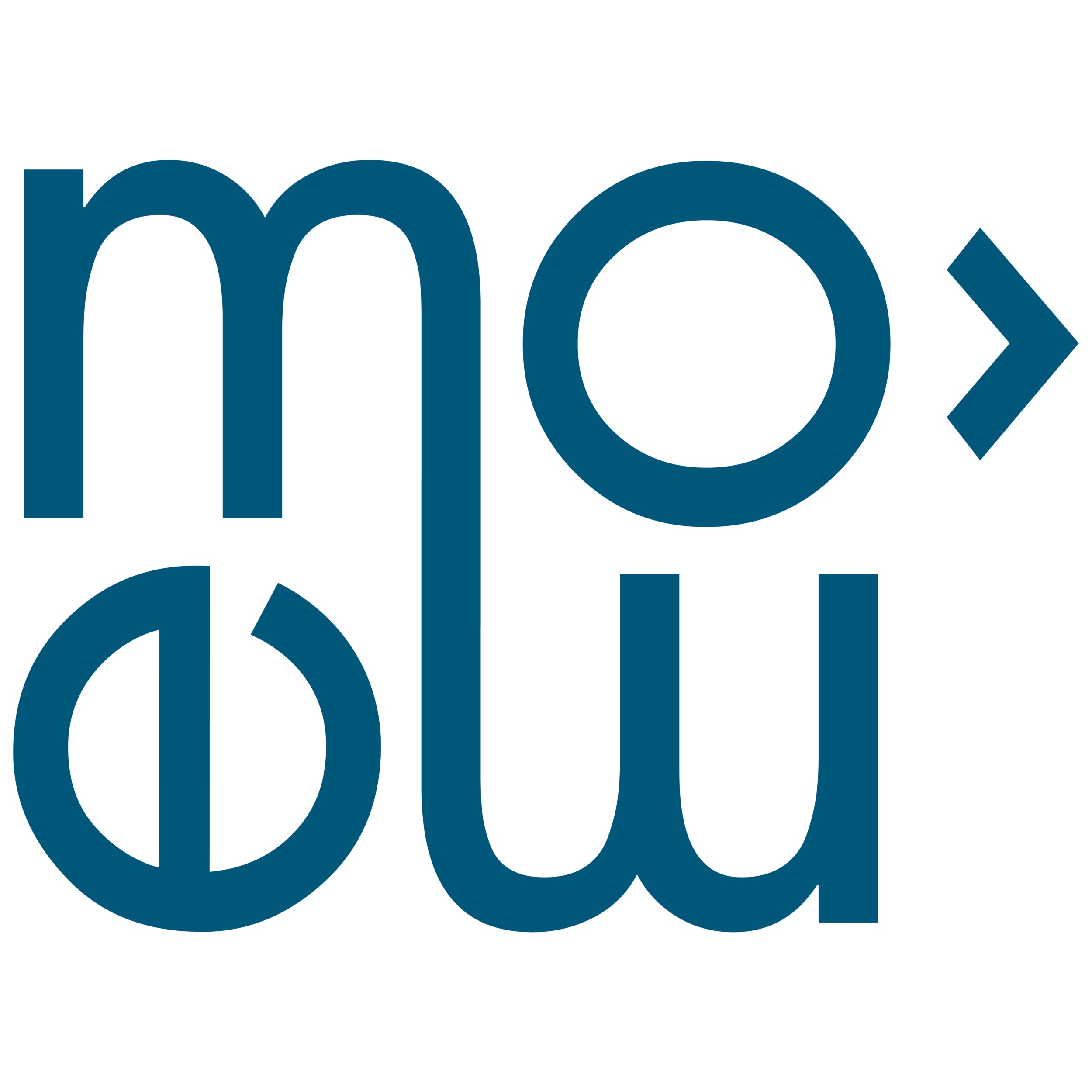We don't need more products, we need better products
Refillable, 100% vegan, cruelty-free, organic, natural, socially responsible, this is Môme Care commitment and I am always interested to learn how we can be part of a wide mouvement.
Fast beauty and fast fashion have led to over-purchasing and clutter. Consumers are moving to a more minimal approach, making investments in high-quality, high-performing products. This includes reuse and upcycling wherever possible.
High quality means safety and authenticity
We measure the quality of a products through our cultural perception of quality. It is often associated with safety and authenticity. To be safe, a product should follow a certified process of production or manufacturing, sanitary protocols, reviews, etc.
Combining security with authenticity is not always straightforward. The authenticity of a products is part of the history of its components, often local know-how, mastery of transformation processes and the origin of raw materials.
In addition, we see an increased awareness of the social responsibility of manufacturers. Human resources, fairness of treatment, respect and inclusion of all diversities add qualitative values to production. These values belong to the concept of quality as well.
High performing comes from innovation
The performance of the products we consume depends on their applications. In the field of beauty, it is measured by the well-being felt, whether it is related to comfort (in the case of a moisturizing or soothing treatment), to aesthetics (for an anti-acne treatment for example) or purely cosmetic for makeup. For each of these claims, research is in action. More than 600 patents are filed each year by the L’Oréal group alone. But a patent, if it provides novelty, rarely protects a scientific innovation because it is above all a marketing message that associates the brand with an invention.
The new deal is green
The innovations expected for the coming years take into account a growing concern: the environment. Especially as the rising generation of consumers are leading the way toward a greener world.
Reduce, reuse, recycle are the new motto for emerging cosmetics brands. This is a race, and a battle. Is it possible to eliminate plastic? How can we still manufacture giveaways, samples and travel size cosmetics? How green is glass when it is so heavy to carry? How do you source locally?
The technology is evolving around recycling and this means that brands need to be agile in the product development to be able to adopt new processes along the product life cycle. Small companies are able to adopt emerging technologies faster but the level of investment is often dissuasive for them.
Transparency from brands
Feeling good about ourselves resonates more with the way we consume.
We see more companies sharing their concerns around environmental issues. It is often a necessity as transparency helps build stronger relations and invites consumers to get involved in the conversation.
It is also an effective way for brands to retain their customers and amplify their communication as messages are shared on social medias. The voices of happy customers are so much stronger compared to an advertising page on a glossy magazine.
Calls for a green recovery from the pandemic are amplifying and consumers are looking to brands to safeguard their health alongside that of the planet. Trust in science has increased, and we will see brands, empowered by this new acceptance, play with lab-grown ingredients, revolutionize functionality, and reduce environmental impact. A better world is coming.
This article is a personal view of Môme Care founder France Crespin
Sources: Mimtel, Global Beauty and Personal Care Trends 2030
